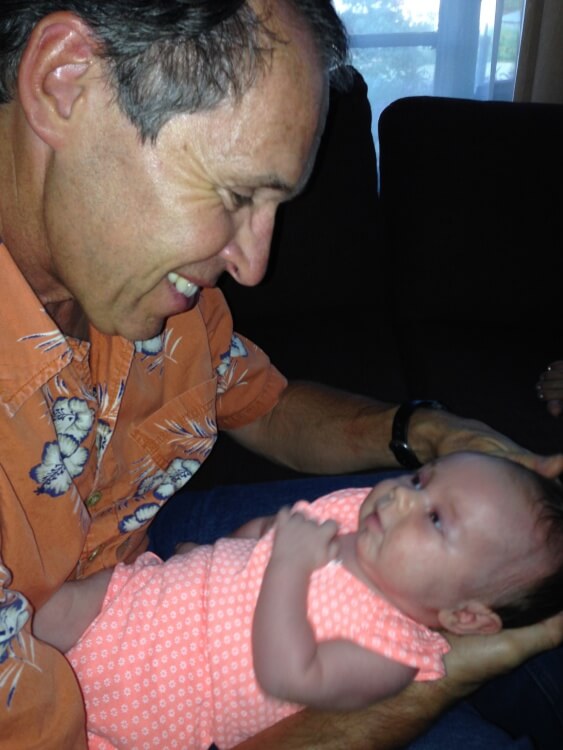The Individuals with Disabilities Education Act (IDEA) of 1986 Part C expanded the definition of “disabilities” to include children from birth to age 2 and their families and made them eligible to receive early intervention services. Included within these early intervention services was motor/physical development for infants and toddlers with developmental delays or at risk of delays. Currently, through IDEA approximately 350,000 infants and toddlers with disabilities are served. These intervention strategies for motor delays should be conducted by adapted physical educators. Further, adapted physical educators should also consider cognitive, language/speech, self-help skills, and emotional needs of the infant and toddler.

Shown below is an easy-to-follow assessment tool that adapted physical educators can use to identify possible delays and provides strategies for intervention. The assessment has physical, social, and language skills group by age appropriate expectations. Further, suggestions are given to help with intervention. For example, the assessment would identify a motor delay if a toddler 2 years old cannot stand and is just beginning to crawl. In this instance, intervention by an adapted physical educator could focus training on standing, cruising, and leg strength activities.
| Physical | Social | Language | Consultation & Intervention | |
| The 1st Month | Weight 7-8 lbs.
|
